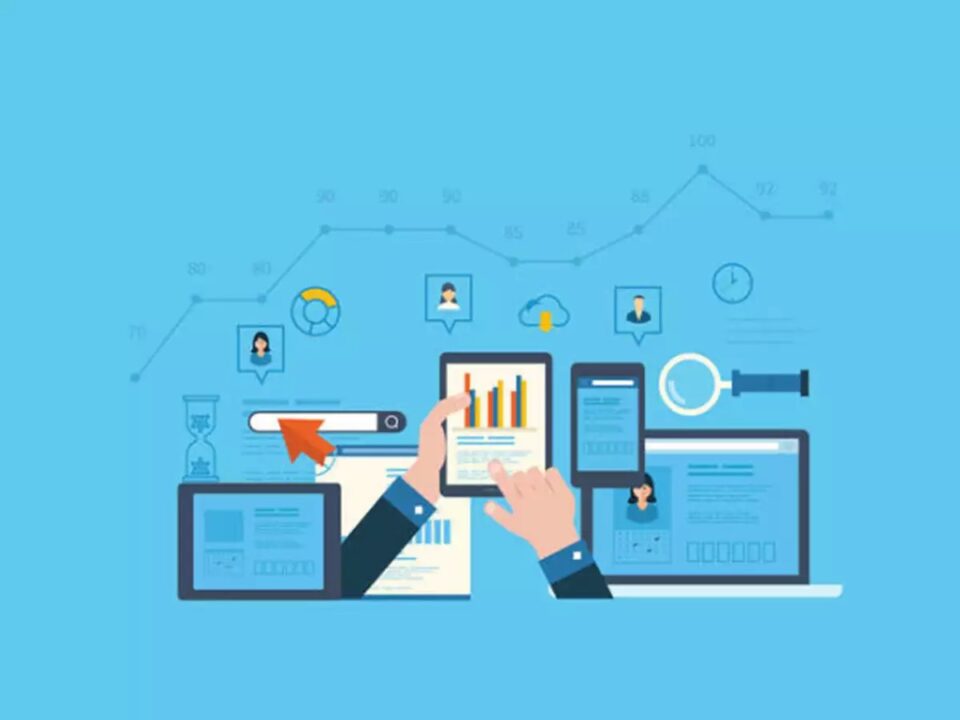In the ever-evolving landscape of the business world, the marketing industry stands at the forefront of innovation and change. As we step into the future, the dynamics of marketing are expected to undergo significant transformations. From the rise of new technologies to the changing consumer behaviors, the marketing industry is poised for a revolution. One aspect that is gaining prominence in this evolution is outsourced marketing.
Outsourced Marketing: A Strategic Shift
Outsourcing has been a prevalent business practice for years, allowing companies to focus on their core competencies while leveraging external expertise. In the realm of marketing, outsourcing is experiencing a surge in popularity, driven by the need for specialized skills and the desire for cost-effectiveness. As businesses strive to stay ahead in the competitive market, outsourcing their marketing efforts has become strategic.
Outsourced marketing encompasses a range of services, including social media management, content creation, search engine optimization (SEO), and even entire marketing campaigns. With the advent of remote work and the ability to connect with talent globally, companies are no longer limited to local agencies. This opens up a vast pool of creative minds and skilled professionals, providing businesses with the flexibility to choose the best-fit team for their unique needs.
Companies are increasingly turning to this innovative solution, as exemplified by services offered at https://rsmconnect.com/outsourced-marketing-department/, to stay ahead in the ever-evolving landscape.
Technology Integration: The Rise of AI and Data-Driven Marketing
The future of marketing is undeniably intertwined with advancements in technology. Artificial Intelligence (AI) is taking center stage, transforming the way businesses interact with their audience. AI-driven algorithms analyze large amounts of data to predict consumer behavior, allowing marketers to tailor their strategies with unprecedented precision.
Personalization is becoming a cornerstone of marketing efforts, as AI enables the creation of highly targeted and relevant content. From personalized email campaigns to dynamic website content, businesses can enhance the customer experience, fostering stronger connections with their audience.
Furthermore, the ascendancy of data-driven marketing is evident as companies leverage analytics to inform their decision-making processes. The capacity to monitor and evaluate the impact of marketing campaigns in real-time facilitates prompt adjustments and optimizations, guaranteeing that marketing endeavors consistently align with the dynamic requirements of the market.
The Influence of Virtual Reality (VR) and Augmented Reality (AR)
As technology continues to develop, augmented reality (AR) and virtual reality (VR) are emerging as powerful tools in the marketing arsenal. These immersive technologies have the potential to revolutionize the way consumers engage with brands.
Imagine a customer trying out a product virtually before making a purchase decision or experiencing a brand’s story in a virtual world. AR and VR open up new dimensions for marketers to create memorable and interactive experiences, leaving a lasting impact on consumers.
Sustainability: A Driving Force in Marketing
The future of marketing is not only about technology but also about aligning with societal values. Sustainability has become a pivotal factor influencing consumer choices, and businesses are integrating environmentally conscious practices into their marketing strategies.
From eco-friendly packaging to transparent supply chains, consumers are increasingly demanding ethical and sustainable business practices. Marketing strategies that emphasize a brand’s commitment to social and environmental responsibility can resonate deeply with conscious consumers, fostering brand loyalty and positive reputation.
Conclusion
The future of the marketing industry is a dynamic landscape shaped by technological innovation, strategic outsourcing, and a commitment to sustainability. As businesses navigate this ever-changing terrain, staying ahead requires an agile approach, embracing new technologies, and understanding the evolving expectations of consumers. Whether through the strategic use of outsourced marketing, the integration of cutting-edge technologies, or a commitment to sustainable practices, the future promises exciting opportunities for those willing to adapt and innovate.

